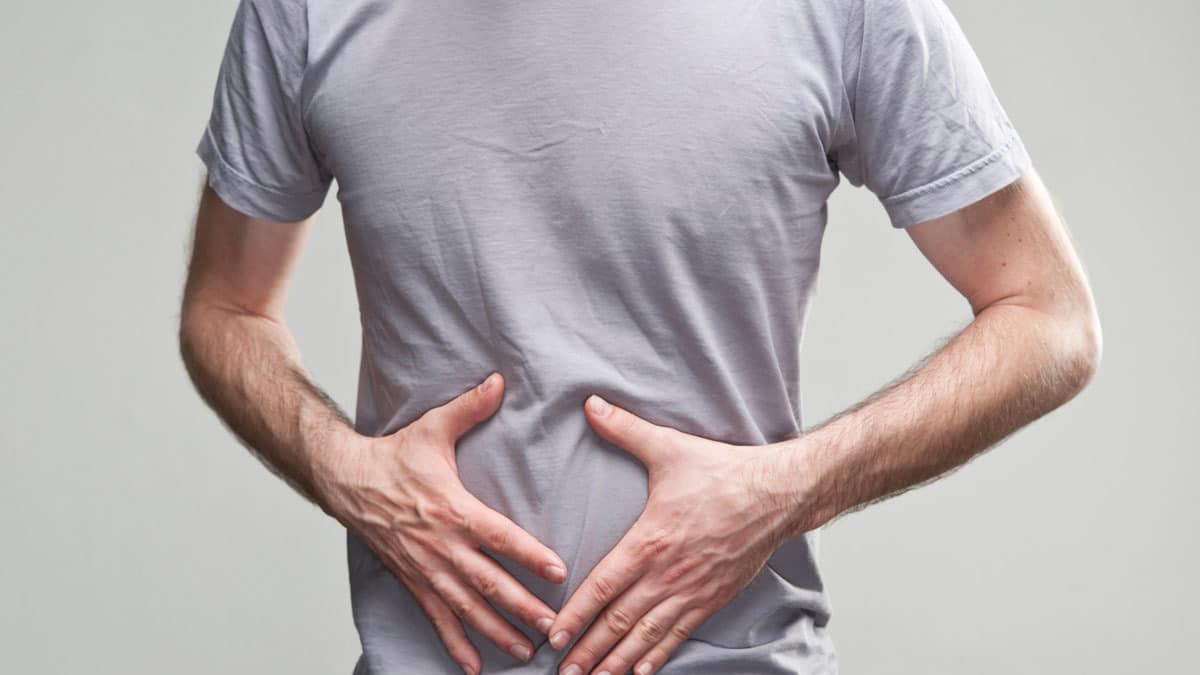Good digestion is key to good gut health and increasing stomach acid and enzymes can help. Here are some simple methods to achieve this.
1. Ingest Apple Cider Vinegar or Lemon
Start to balance the pH in your stomach with apple cider vinegar or lemon juice right before your meals. One tablespoon of ACV or lemon juice in a small amount of warm water. Apple cider vinegar is a great natural remedy because it has a very low pH in balance with your stomach. Both are best sipped before at the beginning of a meal. Both are very acidic and over the long term they can damage tooth enamel. To minimise this, sip them through a straw.
2. Digestive Enzymes
Digestive enzymes will help you fully break down the foods you ingest. Digestive enzymes help break down large macromolecules found in the foods we eat into smaller molecules that our guts are capable of absorbing. Digestive enzymes are split into three classes: proteolytic enzymes help digest protein, lipases for digesting fat and amylases for digesting carbohydrates. Foods containing natural digestive enzymes include: pineapple, mango, papaya, bananas and honey. If using supplements, take before a meal.
3. Bitter herbs
Bitter herbs such as gentian, dandelion and andrographis and salad vegetables such as kale, ginger, endive, dandelion greens, and rocket can help promote production of stomach acid. Use these as herbal medicines or foods via salad and teas. If you have only access to the dried herbs, make an infusion of pure dandelion root – 1 tsp per cup and drink ½ cup, warm, 20 minutes before meals. Chew on a thin slice of fresh ginger with a pinch of rock salt 5-10 minutes before meals.
4. Add HCL with betain (Betain HCL)
Hydrochloric acid is naturally created in your stomach. It’s creates that very acidic environment his to break down food. But if you’re deficient stomach acid, it will be hard to fully digest and break down things like protein, which, over time, can cause leaky gut. The supplement Betain HCL helps to improve low stomach acid. This helps with proper digestion and absorption of nutrients. It also helps to extract Vitamin B12 from our food. Only use this while under the care of a health professional. Also only take Betain HCL if you’re taking protein during a meal.
5. Improve your eating habits
Chew foods slowly, ideally 15-20 times and then swallow. Chewing properly ensures that the digestive processes have already started before the food arrives into the stomach, and gives the stomach adequate time to prepare for the food’s arrival by producing the enzymes and gastric juices needed for digestion. Eat in a peaceful, stress-free environment, enjoying tasty food. The smell and anticipation of food triggers gastric acid release. Eat the protein portion of the meal first. Amino acids (the building blocks of protein) stimulate gastric acid release. Start your meal with a small salad of bitter leaves such as rocket, dandelion leaves from the garden or radicchio. Add some lemon or vinaigrettes and fermented vegetables to meals.
Also, eat smaller meals. If you’re eating very large meals, you’re not going to allow your body to heal.
In addition, try fasting or intermittent fasting which can add to your overall gut health and can reverse low stomach acid. Part of your body healing is letting it recover. If you’re continually eating food from morning to night every day, your body doesn’t have time to recover and heal. Some fasting is another great way to help balance out stomach acid.
6. Avoid drinking large amounts of water with meals
As this dilutes your gastric juices!


Very nice post! I definitely learned a lot from this. Thank you so much for sharing this!